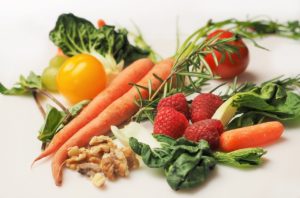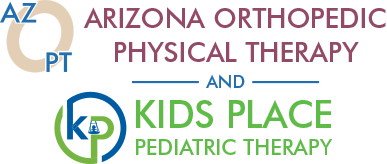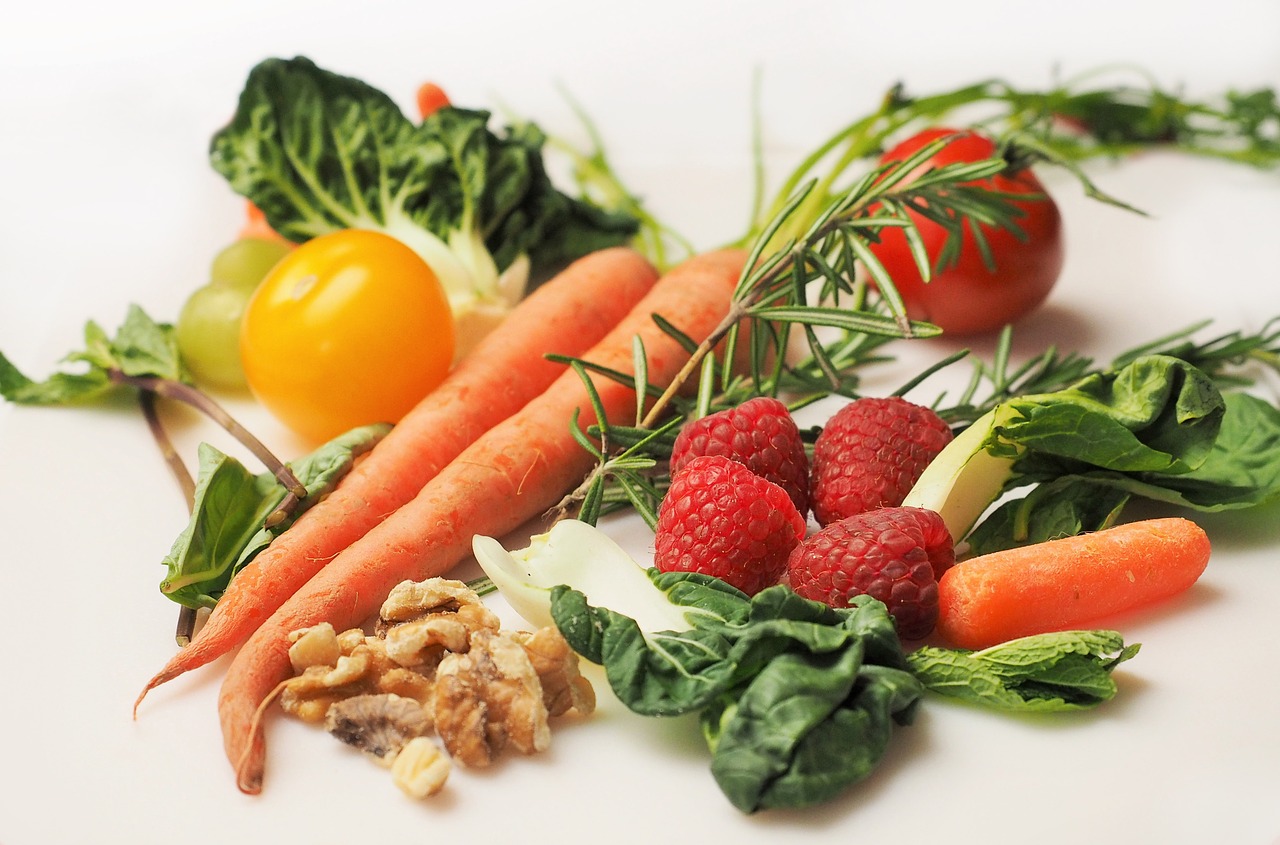 How Foods Heal Your Body
How Foods Heal Your Body
by Meghan LaMarca, DPT
AzOPT Buckeye Doctor of Physical Therapy
To quote Hippocrates, “Let food be thy medicine, let medicine be thy food”. Our bodies are an incredible machine that requires food to help nourish and fix tissue that is damaged especially after an injury or surgery. Innumerable processes are involved in healing. But these healing processes can’t happen if the body doesn’t have the right vitamins and nutrients.
When your body becomes injured (break a bone, scrape a knee, have surgery, etc.), the healing process begins. This process includes the collaboration of your body’s immune and inflammatory systems. Specific nutrients found in fruits and vegetables are essential for both of these systems to function well. Besides the typical medication, resting, icing, heating an area and attending physical therapy, eating a healthy, well-balanced diet is just another way to help yourself heal better and faster.
One of the main components of your body is protein. Protein is in every cell. It is found in the skin, hair, nails, bones, muscles and connective tissue. To consume protein after surgery or an injury helps provide your body with materials needed to repair tissues and build muscle. Consuming protein also helps you maintain muscle especially when the body is breaking down components. Protein also helps boost immunity, fight infection, balance body fluids, carry oxygen through your body and helps maintain bone mass as one ages, which reduces risks of osteoporosis and fractures.
Common foods that are good in protein are:
- Lean meat
- Fish
- Poultry
- Eggs
- Dairy
- Soy
- Beans
- Nuts
- Seeds
During the healing process, the injured area is more susceptible to infection; your body’s defenses protect against invaders. As time goes on, the injured area begins to heal and return to normal.
Vitamin A contributes to cell growth, bone development and immune function; however, your body can not make it on its own. That is why you need to consume food to make and synthesize it. Zinc speeds new cell growth and improves immune function. Vitamin C and Zinc are both considered anti-oxidants that defend against free radicals, unstable molecules that cause oxidative damage. Vitamin C is needed for the body to form collagen, a component of the skin’s connective tissue that plays an essential role in wound healing, while zinc helps support the skin and mucous membranes, which also help with wound healing, especially surgical wounds.
Common foods rich with Vitamin C:
- citrus fruits
- red and yellow bell peppers
- dark leafy greens
- kiwi
- broccoli
- berries
- tomatoes
- mango
- papaya
Common foods rich in Vitamin A:
- Liver
- Cantaloupe
- Dairy
- Sweet potato
- Spinach
- Carrot
- Squash
- Peppers
Common foods rich in Zinc:
- Oysters
- Beef
- Crab
- Fortified cereals
- Pork
- Chicken
- Legumes
- Pumpkin seeds
- Yogurt
- Eggs
- Whole Grains
- Dark Chocolate
The bottom line is that food can help heal injury and decrease inflammation, so take control of your body! If you are unable to eat certain foods, then taking a multi-vitamin or supplement can also be beneficial.
Here’s to healthy healing!






